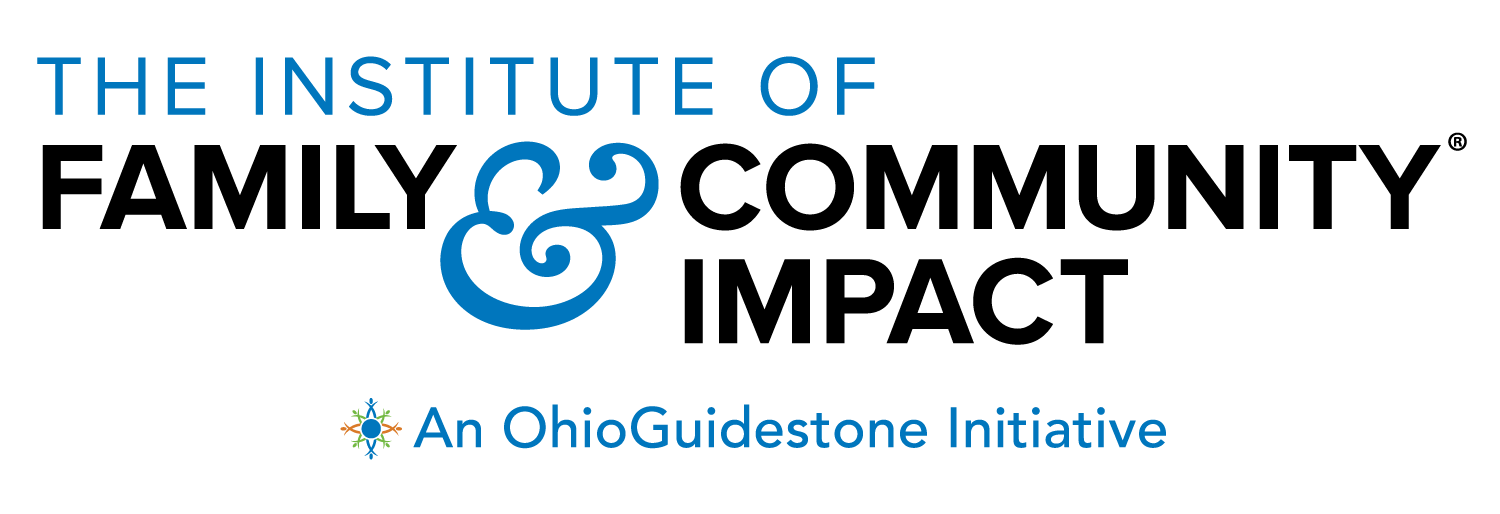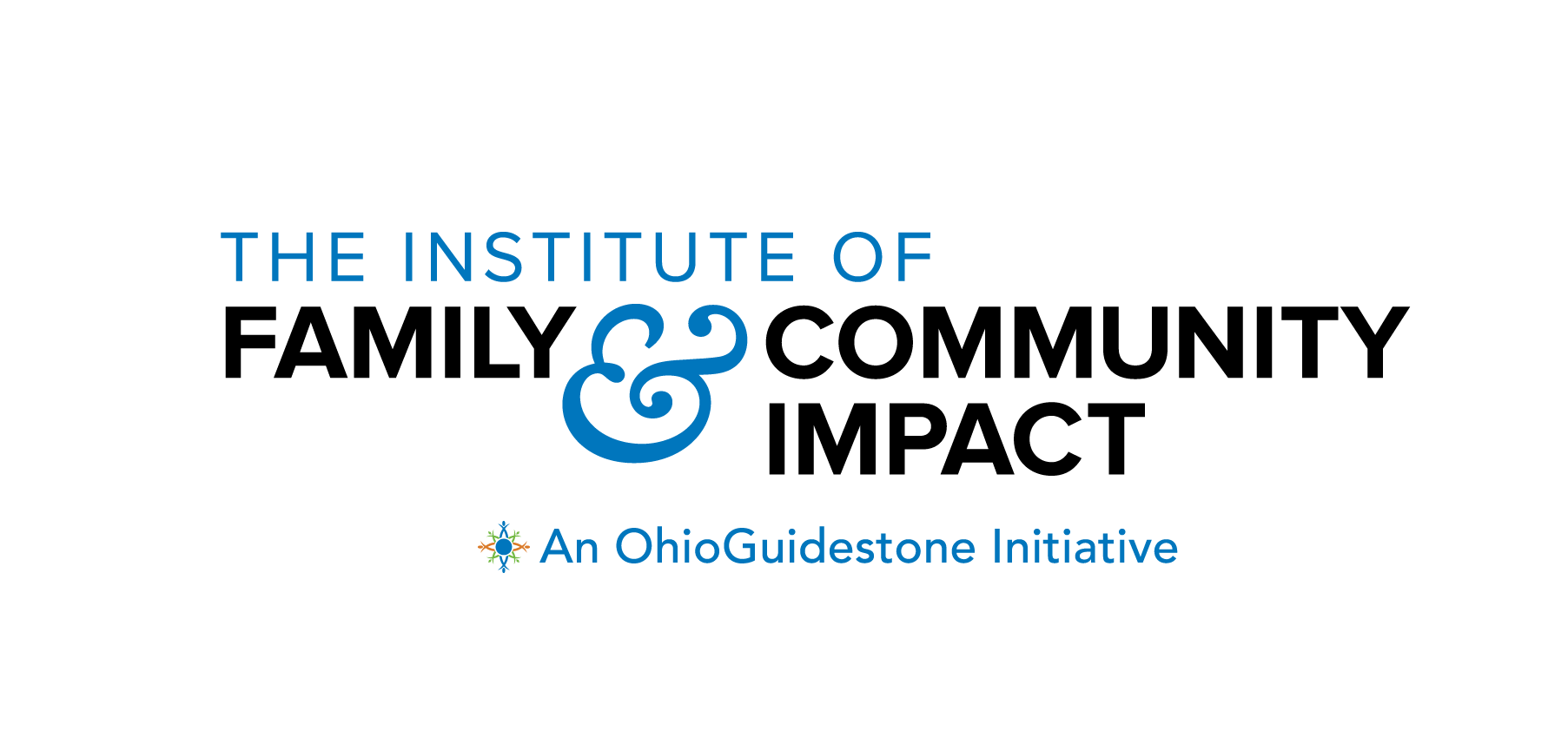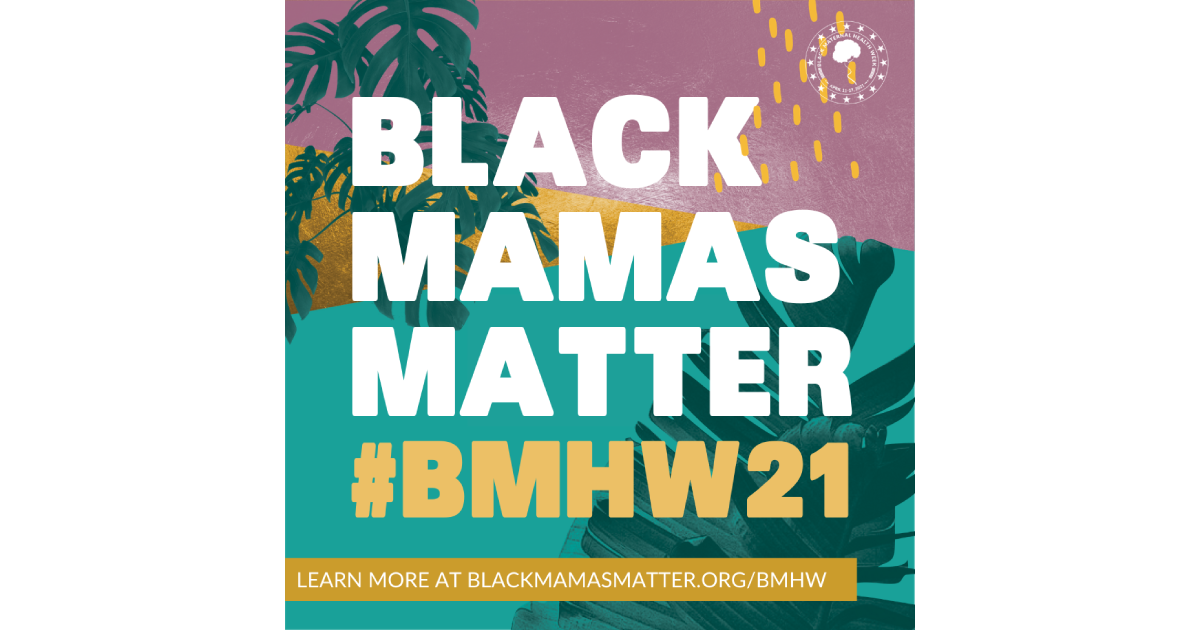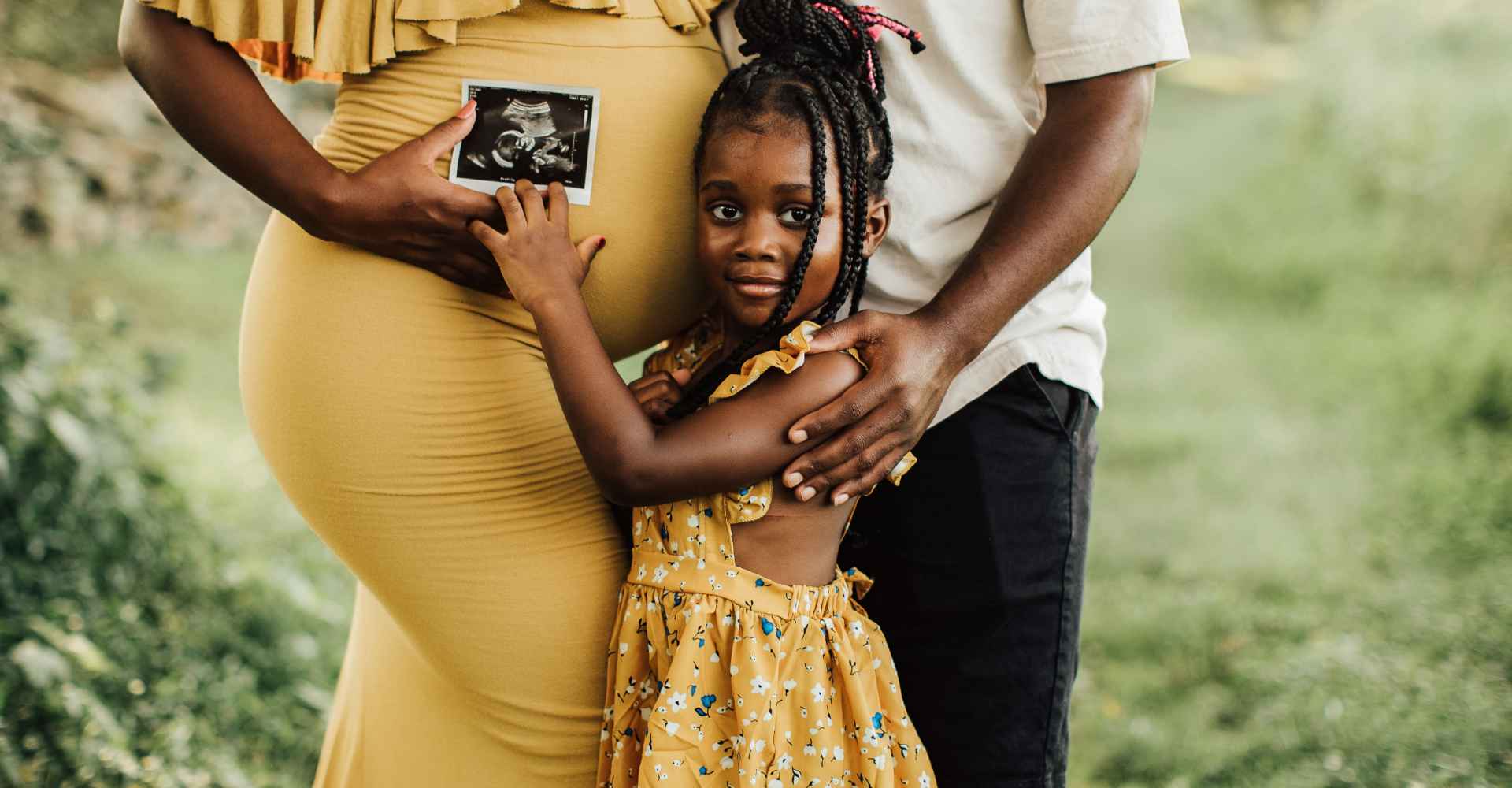
Black Maternal Health Week #4 is Here & We’re Devoted to Improving Moms’ Well-being
Table of Contents
Introducing Black Maternal Health Week
This week, the Black Mamas Matter Alliance is celebrating its fourth-ever Black Maternal Health Week (BMHW). The observance even received a presidential proclamation on Tuesday for the first time in history.
Maternal depression is a major focus for us at OhioGuidestone. Primarily, we take pride in the outstanding results our community-based maternal depression program delivers for our clients. Thanks to our skilled therapists and dedicated treatment teams, we’ve developed and implemented innovative interventions for the mothers participating in our program. Additionally, the success of our program has inspired us to delve deeper into researching and understanding maternal depression.
We acknowledge that there’s still much progress to be made. Within Cuyahoga County, where our headquarters are located, maternal health outcomes rank among the poorest nationwide, with persistently high rates of preterm births. Particularly concerning are the inequalities faced by Black moms and babies in our communities. That’s why we are highlighting this issue during Black Maternal Health Week.
We acknowledge and assert that racism is the underlying cause of this heartbreaking reality. Specifically, structural, institutionalized, and systemic racism. Our goal therefore, is not only to address maternal depression but also to uplift Black moms. We want Black mothers to advocate for themselves while we work alongside them to improve our social systems and institutions during Black Maternal Health Week and beyond.
Improving Maternal Depression Treatment: Black Maternal Health Week
At OhioGuidestone’s Institute of Family & Community Impact (IFCI), our job is to give our clinicians cutting-edge tools. We also need to make sure that these tools work. Too often, treatments in all aspects of healthcare focus on white patients and clients as the primary recipients. Unfortunately, mental health interventions are no exception.
To best serve mothers, especially Black mothers, we must design maternal depression treatments for and with Black moms. That’s why we ask our clients to self-report their symptoms: their responses guide our research and advocacy priorities, as well as our clinical innovations. This, in turn, helps us give OhioGuidestone’s hard-working, community-centered therapists and mental health specialists the best tools possible. Learn more about our Maternal Vitality innovation!
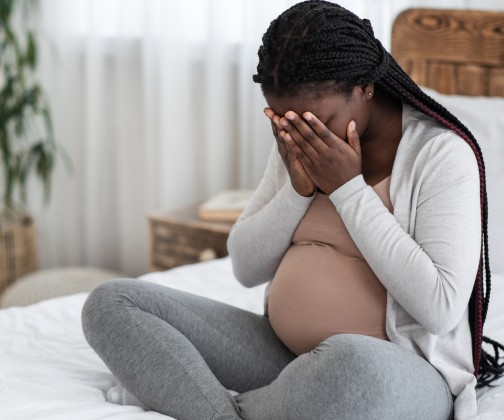
To achieve health equity, it is crucial to acknowledge and be responsive to the diverse cultural backgrounds, lived experiences, socioeconomic statuses, and more of our clients. Without these vital lenses, we risk perpetuating racial disparities and inequalities. At OhioGuidestone, during Black Maternal Health week and beyond, our goal is to shift the focus of maternal depression treatment from mere survival to enhanced overall well-being and vitality for Black mothers and families. How do we achieve this? By introducing and implementing evidence-based clinical innovations that prioritize mothers and emphasize maternal and family vitality and holistic health.
No one-size-fits-all maternal depression treatment is going to work. And, of course, Black mothers diagnosed with postpartum depression, will go through their own unique experiences and symptoms. In other words, we aren’t trying to create one simple treatment for Black moms with maternal depression. Instead, we want to build whole constellations of ways to address maternal depression. And that’s going to take some time, commitment and research!
Our Future Goals- Beyond Black Maternal Health Week
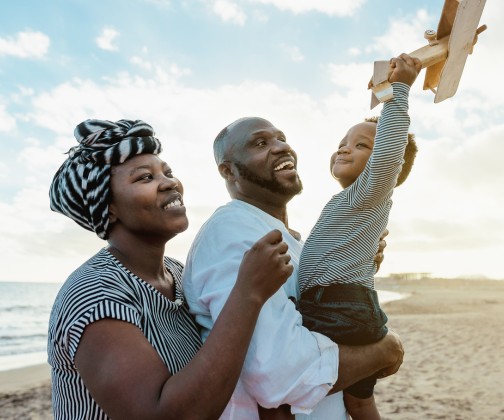
To accomplish this, we need to think about health and families more expansively and inclusively. Maternal health and child health are intimately intertwined, and our work demonstrates this. Our innovative Joyful Together® model, for example, infuses caregiver-child relationships with everyday moments of joy and play. This, in turn, helps reduce parental stress.
Furthermore, over the next year IFCI plans to implement a new, innovative project: A novel maternal depression treatment protocol of 15-20 sessions that includes in-depth conversations with mothers. That way, we can better learn directly from moms themselves about their experiences, needs, and suggestions to drive maternal and family vitality.
Innovations like this, in addition to continuously improving our treatment protocols, are so important. They allow our clinicians to offer the best possible services to our clients. For Black mothers, maternal depression may manifest in a variety of symptoms and from a diversity of life experiences and stressors. But care — from our communities and from health providers, from our families and from each other — can heal us, if we do it intentionally, compassionately, and with respect to the dignity of each individual person and their own personal experiences.
Black mamas matter. Their mental health matters. Their maternal depression matters. And their futures will be bright if we work for and with them on the journey to health and well-being.
Resources for Maternal Health
OhioGuidestone’s Maternal Depression services are offered in the family home to pregnant and postpartum women of all ages who are struggling with depression or anxiety as a result of the recent changes in their lives.
For more information, call 844-6CALLOG (844-622-5564).
Help Me Grow is Ohio’s evidenced-based parent support program. It promotes the comprehensive health and development of children.
For more information, call OhioGuidestone’s Assistant Director of Help Me Grow programming Kimberly Dowdley at 440-260-8962.
Parents as Teachers promotes optimal early development, learning, and health of young children through curriculum for parents and caregivers.
For more information, call OhioGuidestone’s Assistant Director of Parents as Teachers and Fatherhood Programs Eira Yates at 440-260-8897.
Bright Beginnings provides services that promote the health and development of infants and toddlers so that children start school healthy and ready to learn.
Birthing Beautiful Communities provides free neighborhood-based services, including childbirth and parenting education with workshops and classes.
For further information about maternal depression, visit the Ohio Department of Mental Health and Addiction Services or the National Institute for Children’s Health Quality (NICHQ) online.
